Whether it's tapeworms, hookworms, pinworms, flukes, Ascaris, or trichinella, they are typically just basic parasites that eat human flesh. Although some may live in our stomach and intestines for years without causing any trouble, others frequently lead to a stomach infection and gastrointestinal difficulties. There are at least 3000 different types of parasites that can affect humans, and according to Ayurvedic texts and research, a weak Mandagni, or digestive fire, is the key factor that promotes parasite growth. While allopathic drugs may provide a rapid fix, if you prefer a natural approach free of contraindications, Ayurveda offers you Vidanga, a successful treatment from the heart of the Himalayas.
Table of Contents
What is vidanga?
Vidanga, also known as Embelia ribes in botanical terminology, belongs to the Primulaceae family. Due to its resemblance to black pepper seeds, Vidanga is often referred to as "false pepper." This adaptable plant has been used for treating a number of ailments since ancient times, but it is most commonly used to successfully treat worm infestation. It is noted in numerous ayurvedic texts for both its therapeutic and ayurvedic properties.
The pungent herb known as vidanga, according to Bhavaprakasha Nighantu, is particularly helpful in lowering morbidity, improving blood circulation, boosting appetite, eliminating phlegm, making the body light, and being incredibly powerful in eliminating worms of all kinds. Vidanga, on the other hand, is described in the Rajanighantu texts as a spicy, hot, light herb that strengthens the equilibrium between air and phlegm particles, helps alleviate anorexia, and enhances the function of the digestive system.
Due to its laxative properties, the powerful herb vidanga is extremely helpful for indigestion as well as for treating constipation. Regularly consuming the recommended dosages of Vidanga churna may help keep obesity under control while also decreasing cholesterol levels and enhancing the body's overall metabolism. The herb's cardioprotective and antioxidant qualities protect the heart from cellular damage caused by free oxygen radicals. Strong anti-anxiolytic qualities of vidanga may also help to reduce anxiety and depression by enhancing mood and cognitive performance.
Vidanga’s plant description:
The woody, climbing vine known as vidanga has terete branches and stems that are thin, brittle, and flexible. It primarily features simple, alternating, ovate leaves with pointed tips. Flowers typically have tiny petioles and are greenish-yellow to whitish-pink in colour. Fruits come in bunches and are tiny, globular, wrinkled, and resemble black pepper. The fruits' exterior, which ranges in colour from reddish brown to black, is primarily delicate. The fruit has a single seed that is spotty on the inside and a horn that looks mildewed on the exterior. The plant's roots have a brownish-gray colour.
Health benefits of vidanga:
There are several medical conditions that can be treated with vidanga. It can also be applied in a variety of ways. The consistent ingestion of vidanga has numerous long-term health advantages. Following is a list of some of them.
- • Intestinal Worms
Roundworms and tapeworms are just a couple of the many varieties of intestinal worms that Vidanga's Krimighna nature aids in regulating and getting rid of. - • Indigestion
Vidanga has a heated disposition and has laxative qualities. As a result, it works well to treat and manage a variety of digestion-related issues, including constipation, gas, and vomiting. -
• Depression
The antidepressant properties of Vidanga relieve depression and anxiety-related problems while redressing the Vata imbalance.
-
• Tonsillectomy
The exacerbated Kapha dosha is balanced by Vidanga's natural qualities. This lessens issues with the throat, such as infections and frequent coughing fits.
-
• Obesity
Due to its heated nature and the beneficial effect that Vidanga drinking has on digestion, it promotes healthy digestion and the removal of toxins from the body. This lowers fat and efficiently fights obesity.
-
• Skin Conditions
The purification function of Vidanga, known as the Shodhan property, aids in removing toxins from the bloodstream, which benefits the skin by treating and controlling skin conditions.
When administered externally in powder form, vidanga also aids in the treatment of skin conditions including ringworm and eczema. In this situation, it is wise to first apply some oil to the affected area.
-
• Hyperpigmentation
Skin conditions called hyperpigmentation cause the skin's colour to become uneven. In comparison, certain skin patches are darker than others. Due to its Rasayana, or renewing, and Kashaya, or astringent characteristics, vidanga paste aids in regulating and reducing this condition.

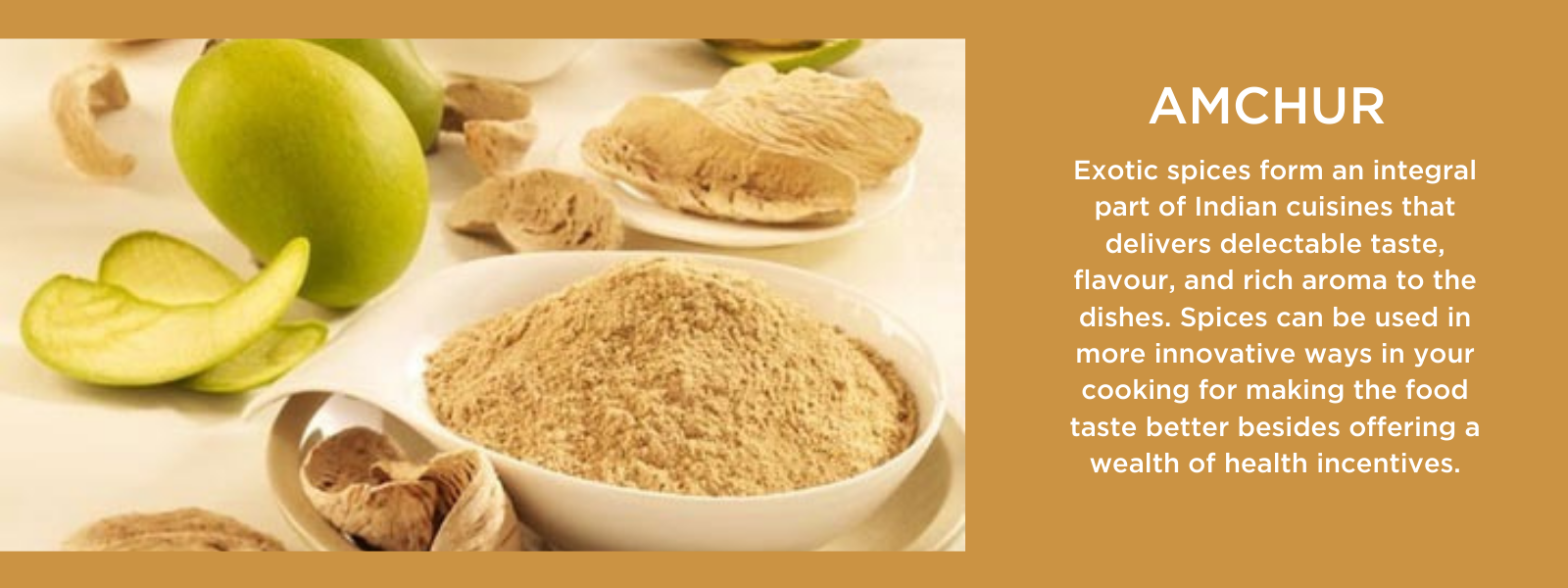
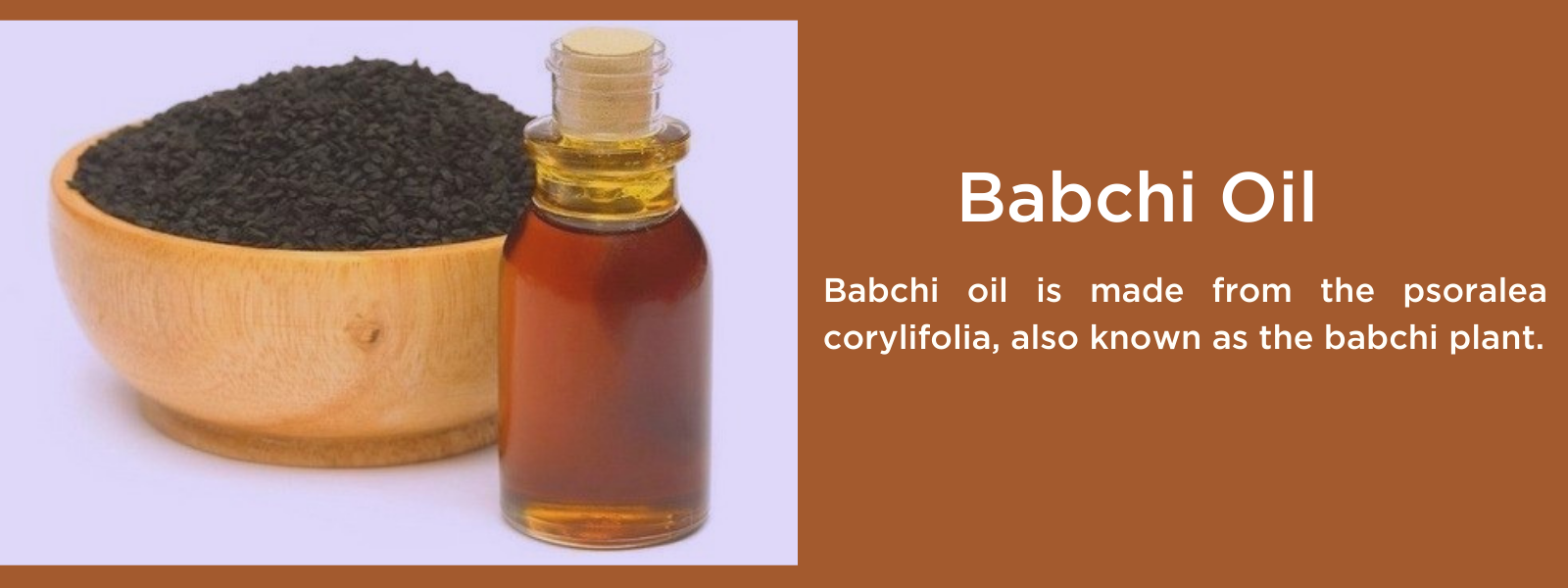
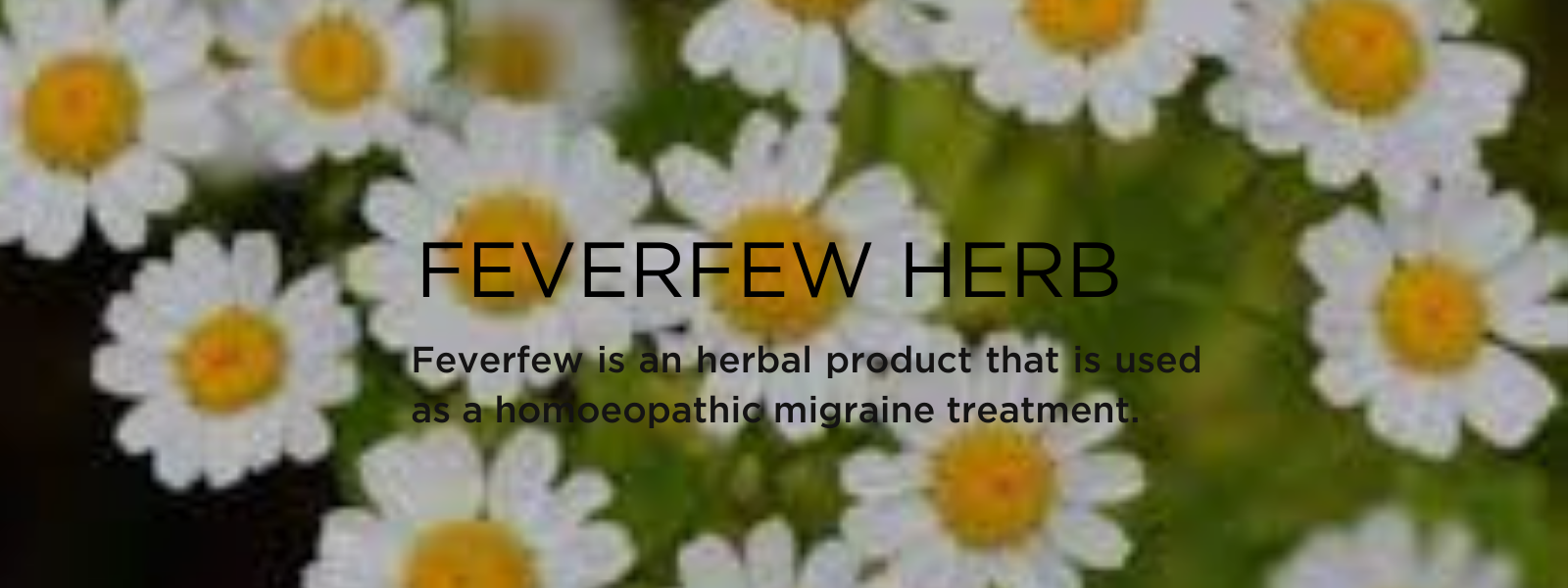
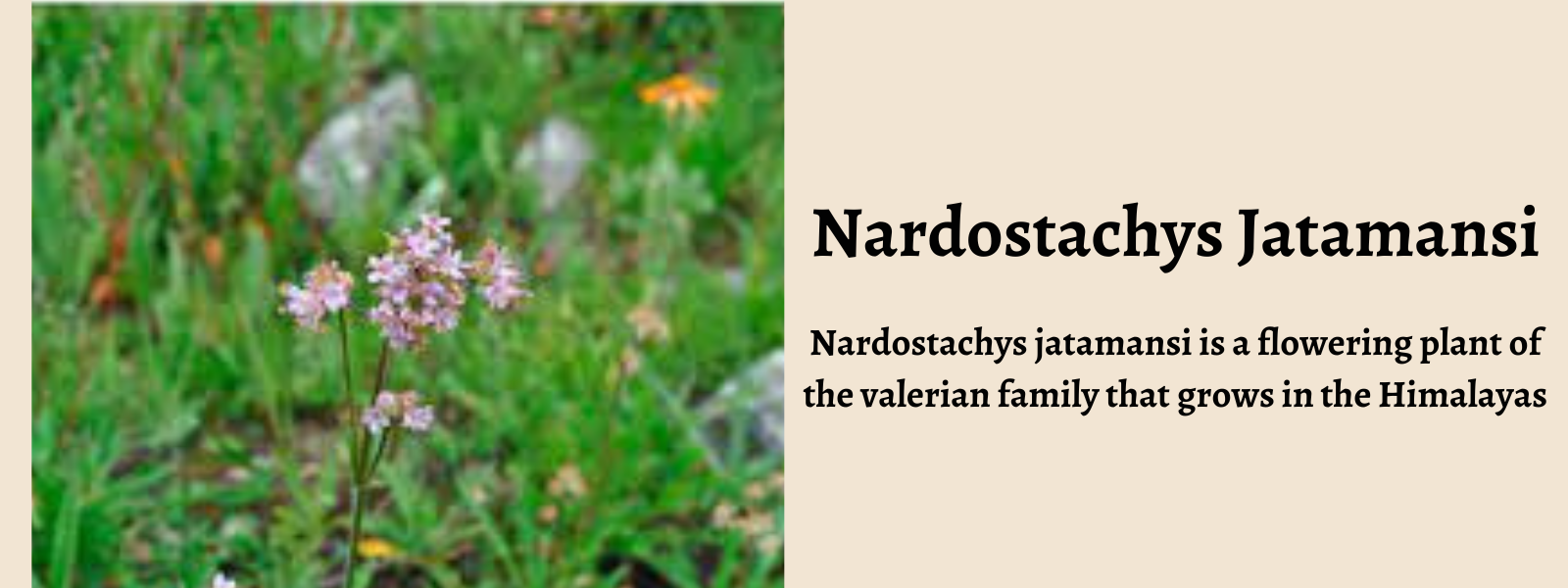
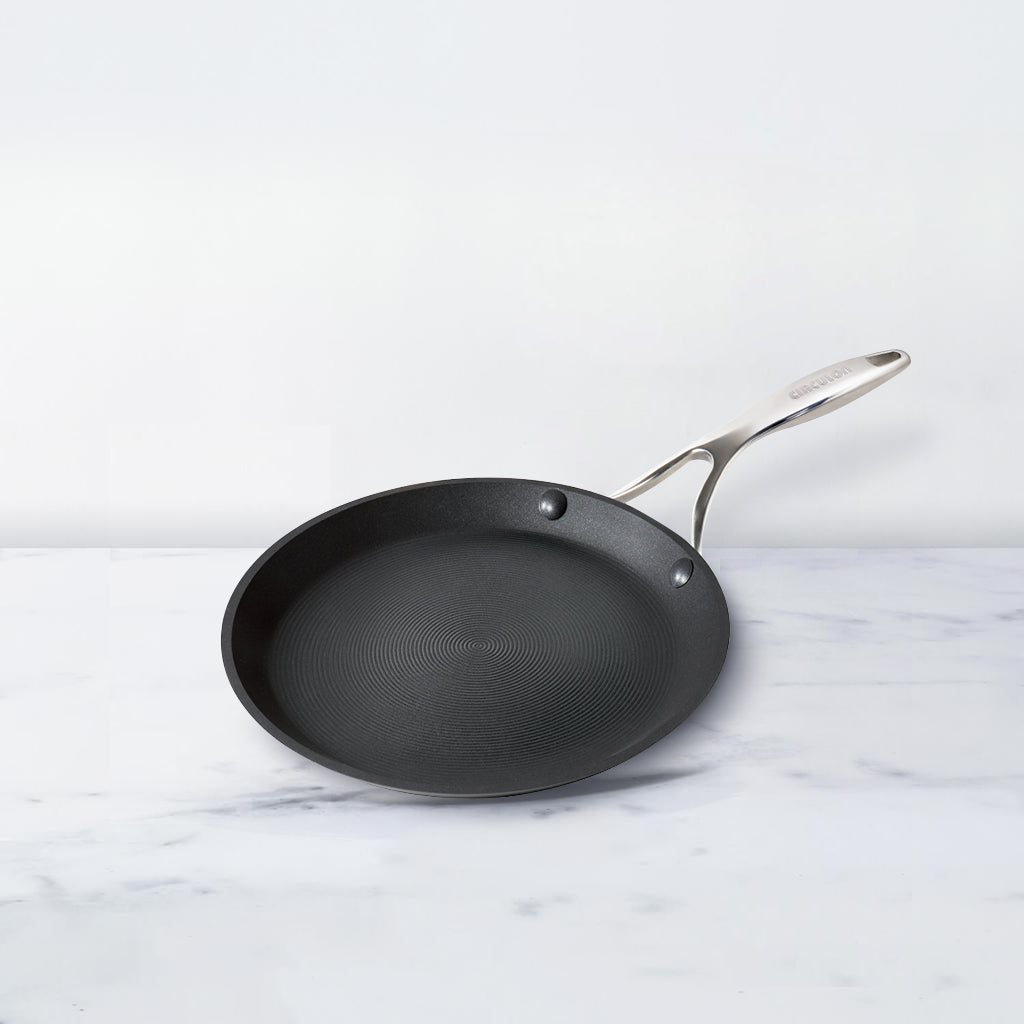





Leave a comment